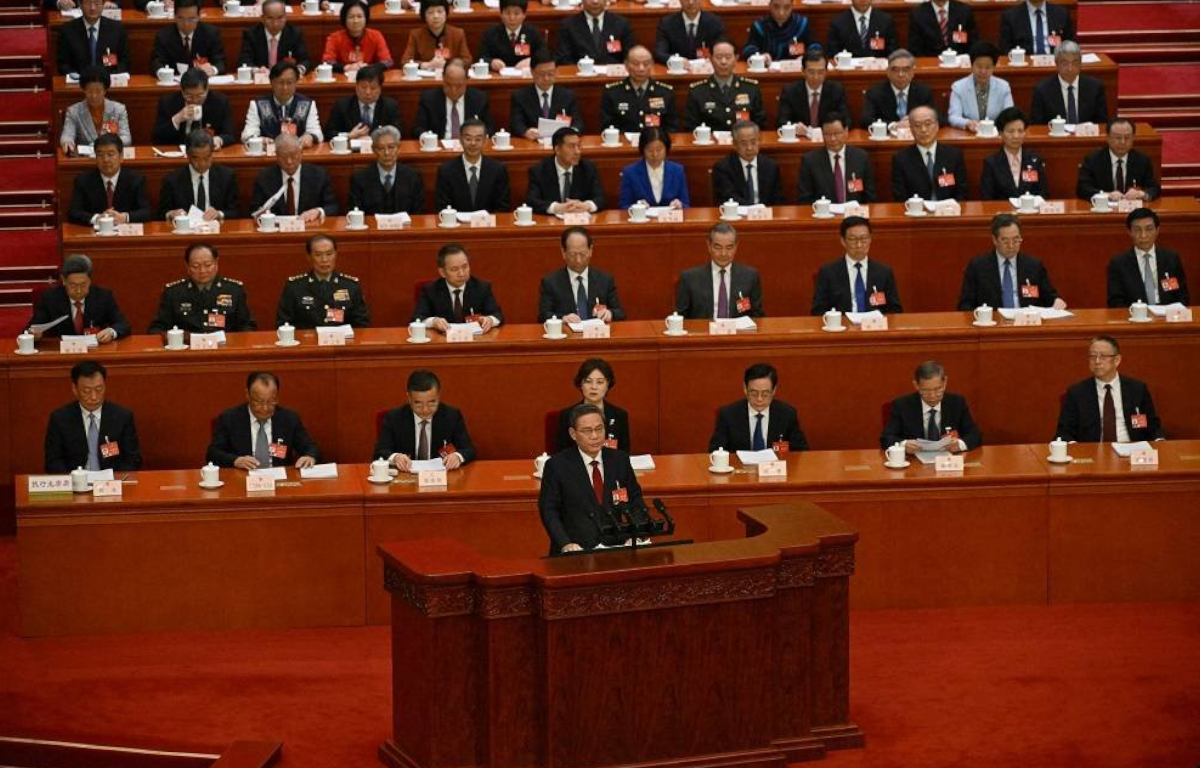
Foreign firms operating in China encounter obstacles such as unequal market access, inadequate intellectual property rights (IPR) protection, state-subsidized competition, and technology transfer requirements. These challenges inhibit fair competition, jeopardize innovation, and create an uneven business environment.
China’s treatment of foreign firms has wide-ranging implications. It can dampen foreign investment, lead to trade tensions, trigger a shift in global supply chains, and strain diplomatic relations between countries. Concerns over market access, intellectual property protection, and fair trade practices may prompt nations to employ measures to address perceived unfairness.
To address the challenges faced by foreign firms in China, several steps can be taken. Bilateral dialogues between nations can facilitate understanding and negotiation of trade agreements promoting fair treatment and market access. Strengthening international institutions, like the World Trade Organization, can help resolve trade disputes and enforce fair trade practices. Governments and organizations should continue advocating for improved intellectual property rights protection, transparent regulations, and fair competition. Furthermore, companies should consider diversifying their manufacturing and supply chain strategies to mitigate risks associated with operating solely in China.
Janet Yellen’s concerns shed light on the challenges faced by foreign firms operating in China and emphasize the need for fair and equitable treatment. Addressing these challenges is essential for fostering sustainable global economic growth. By promoting dialogue, strengthening international institutions, advocating for reforms, and diversifying strategies, countries can work towards creating a more level playing field, benefiting both foreign and domestic businesses alike.










Share this: